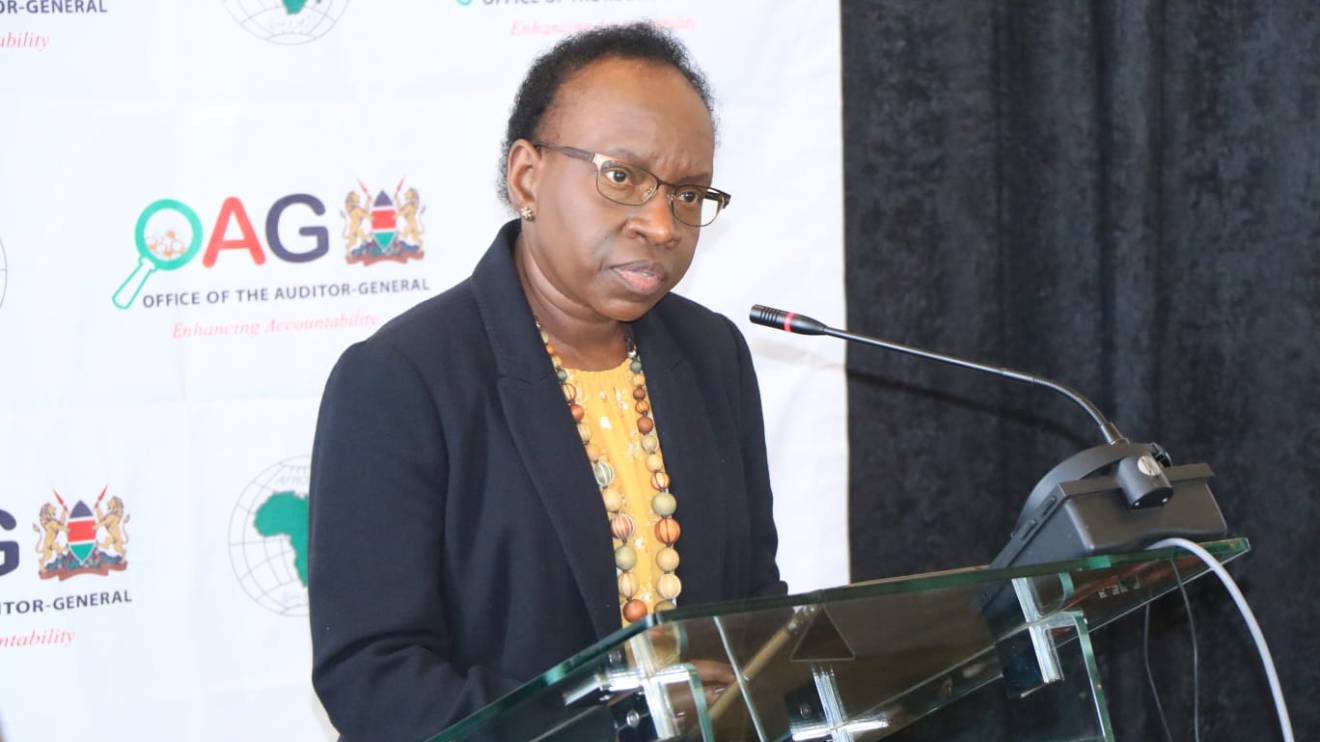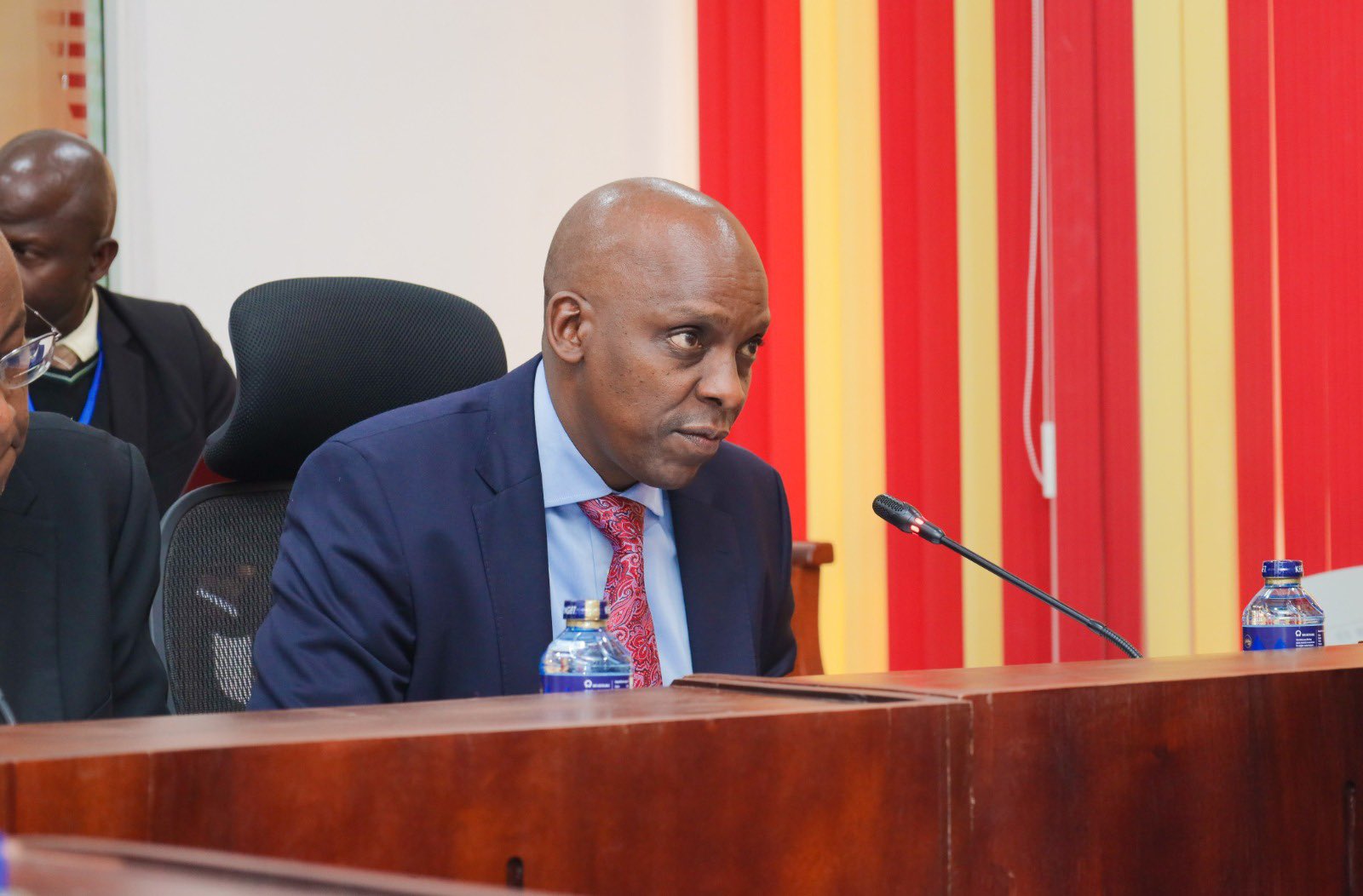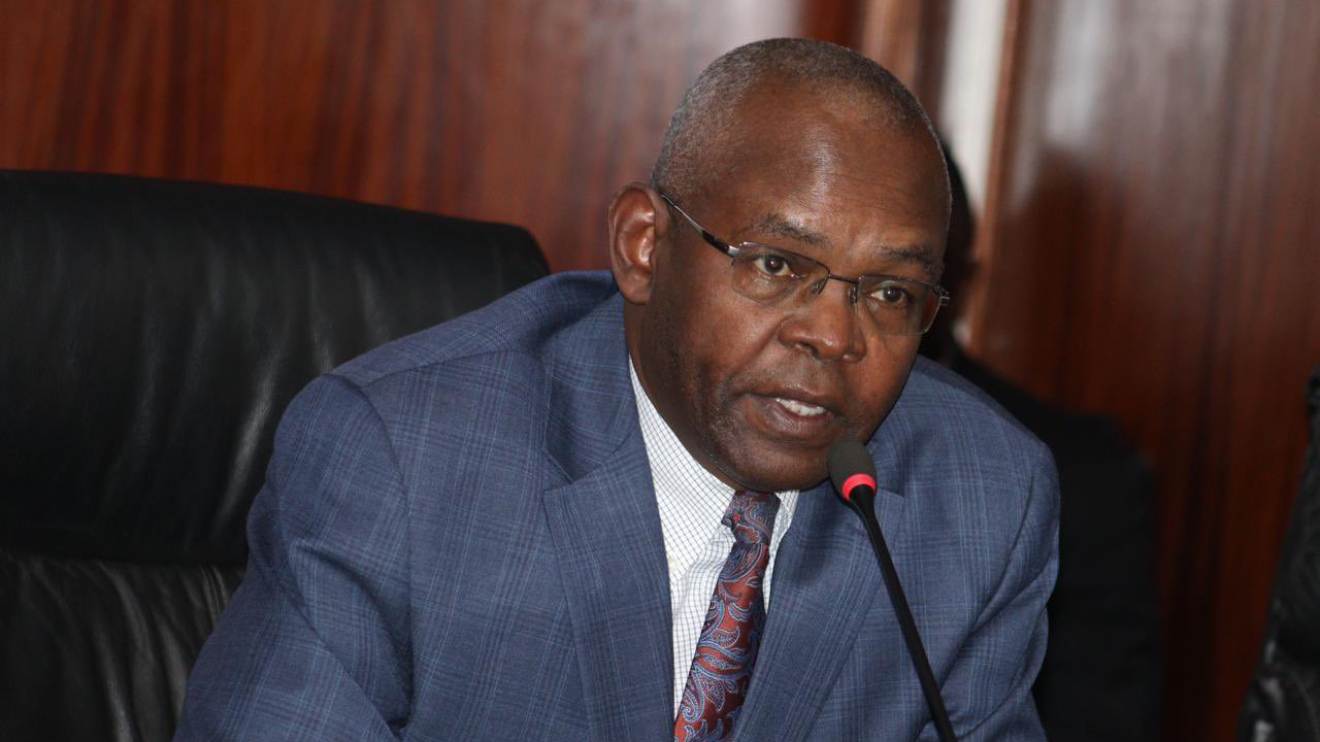A damning report by the Auditor General Nancy Gathungu has unveiled a staggering Sh1.44 billion wasted on interest payments for loans that have never been withdrawn by the Kenyan government.
This shocking revelation, detailed in the Auditor General’s Report on the National Government for the year 2023, exposes a culture of financial recklessness at the heart of the nation’s fiscal management.
The report underscores the government’s penchant for borrowing without a clear plan for utilizing the funds.
Three loans totalling Sh25.24 billion, signed between 2017 and 2022, have yet to yield a single shilling for the intended projects.
Nonetheless, taxpayers have been burdened with a hefty Sh1.44 billion in commitment fees.
Read More
“Had the implementing agencies put proper mechanisms in place to enable absorption of the committed credit within the agreed timeframe, payment of commitment fees would have been minimised,” Gathungu lamented.
The government’s debt burden extends beyond these ghostly loans. A colossal Sh617.7 billion was spent on loan interest, including a hefty Sh154.7 billion for foreign borrowing.
Moreover, the government is on the hook for Sh170.2 billion in guaranteed loans to state agencies, which could potentially morph into public debt if these entities default.
The country’s ability to service its debt is further compromised by a shortfall of Sh184.5 billion in planned repayments.
This financial mismanagement could have far-reaching consequences for service delivery, warns the Auditor General.
Kenya’s debt landscape is dominated by the shadow of the Standard Gauge Railway, with biannual payments to China accounting for a staggering 81 per cent of July’s external debt service.
The government is also grappling with interest payments on a $1 billion Eurobond, adding to the mounting financial pressure.
The Auditor General has issued a stern warning to the National Treasury, demanding improved financial discipline.
The revelation of billions spent on interest for non-existent loans is a stark reminder of the urgent need for transparency and accountability in public finance management.








-1756917651.jpg)
